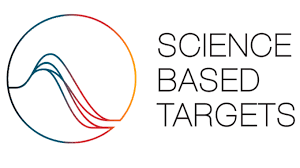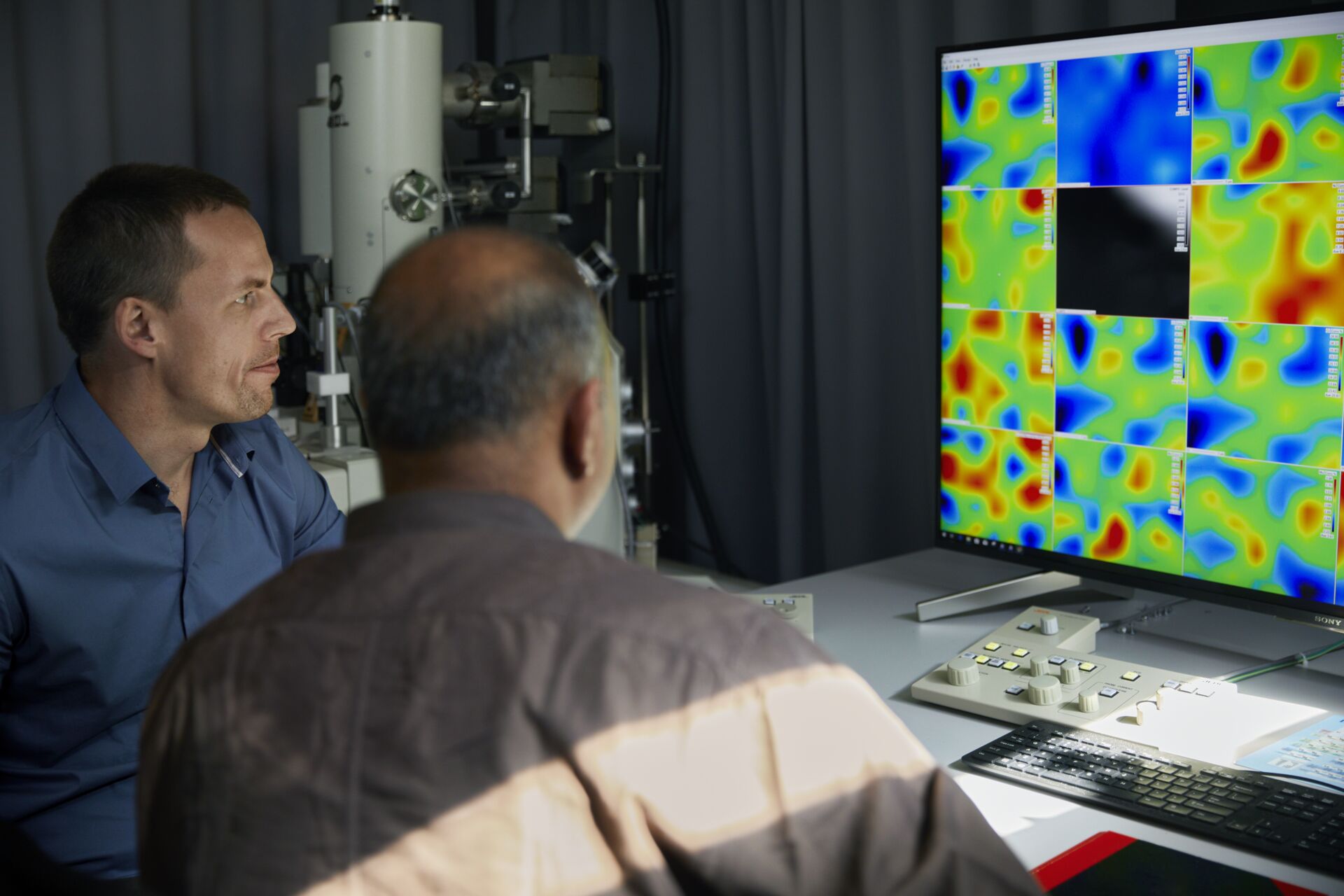Alleima committed to the Science Based Target’s initiative
We have committed to set targets in line with the Science Based Targets initiative (SBTi), consistent with the Paris Agreement.
We have committed to set targets in line with the Science Based Targets initiative (SBTi), consistent with the Paris Agreement.
This commitment is a natural step in our commercial strategy, where sustainability is an integral part.

The main contribution to sustainability is through our product offering, enabling the transition to renewable energy sources, electrification of industries, innovation in the medical sector and much more, but we also actively seek to minimize the impact on the environment via our operations.
We already have ambitious sustainability goals for 2030 where we have committed to reaching a 50 percent reduction of greenhouse gas emissions. By joining the SBTi, we will seek to get our sustainability targets validated against science-based criteria.
Read the press release about our commitment
The Science Based Targets (SBTi) is a partnership between the Carbon Disclosure Project, the UN Global Compact, the World Resources Institute and the World Wide Fund for Nature. The net zero target commitment of SBTi include that greenhouse gas emissions must be halved by 2030 – and drop to net zero by 2050 at the latest.


Scope 1 emissions are direct greenhouse (GHG) emissions that occur from sources that are controlled or owned by an organization (e.g., emissions associated with fuel combustion in boilers, furnaces, vehicles and process emissions).
Scope 2 emissions are indirect GHG emissions associated with the purchase of electricity, steam, heat, or cooling.
Scope 3 emissions are the result of activities from assets not owned or controlled by the reporting organization, but that the organization indirectly impacts in its value chain. Scope 3 emissions include all sources not within an organization's scope 1 and 2 boundaries. The scope 3 emissions for one organization are the scope 1 and 2 emissions of another organization.
Scope 3 emissions, also referred to as value chain emissions, often represent the majority of an organization's total GHG emissions.
Read more about https://sciencebasedtargets.org/